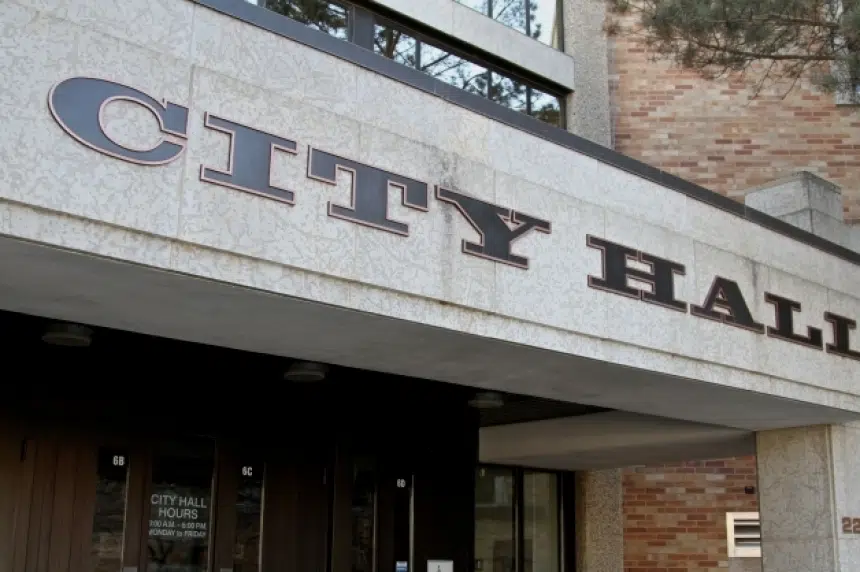The City of Saskatoon is now looking at a $14.6 million year-end deficit.
That’s up about $800,000 from the $13.8 million projected back in June. However, the city says that number is subject to vary as circumstances in the COVID-19 pandemic change and/or vary towards the end of the year.
During Monday’s finance committee meeting Monday, Director of Finance, Kari Smith, said that $15 million in provincial infrastructure money council approved earlier this year, will go towards that deficit.
Saskatchewan municipalities must have balanced budgets by year-end, and can not run deficits.
Smith said there is also money expected from the federal government.
“The city will receive $19 million in Safe Restart Funding to help address the challenges of COVID-19, “she said.
Another report will be provided by administration at the governance and priorities committee meeting in November.
According to the administrative report, several city departments are running deficits this year as a direct result of COVID-19.
While transit fares were reinstated on June 8, the department is still projected to have a $7 million deficit because of a “significant drop in ridership,” and a decline in revenues.
Waste handling services, which includes the landfill, is projecting a $1.3 million deficit, while revenues from fines and penalties are down $4.1 million and parking fees/fines are also in the red by $2.5 million.
Leisure centres across Saskatoon are projecting a $2.6 million deficit.
SaskTel Centre and TCU Place revenues are not included in the year-end projection, however, they are also expecting deficits of $3.8 million and $3.077 million respectively. Both of those shortfalls will be covered by using their stabilization reserves.
The information was received by the finance committee for information.
Special council meeting Wednesday
During the meeting, Mayor Charlie Clark introduced two motions, to allocate $100,000 from the Municipal Economic Enhancement Program (MEEP) towards a pilot project addressing safety and wellness in the downtown area, especially as fall and winter close in.
According to Chief Financial Officer Kerry Tarasoff, there is currently $330,000 in the MEEP contingency fund available.
Clark said the idea for the pilot project was born after those living at the City Centre Inn and Suites were displaced when the structure was closed indefinitely for a multitude of health and safety violations.
“There were some very big lessons learned about what we could do differently to better address housing, by being much more coordinated between different agencies which are providing those services. And as a result, the Saskatoon Tribal Council in conjunction with the inter-agency response has put a proposal forward to the Ministry of Social Services and costed out what it would look like to develop a pilot project.”
Clark said he’d received assurances from the provincial government that it would match the $100,000.
What exactly the pilot project entails, when it may begin or how long it might last, is not clear at this time.











